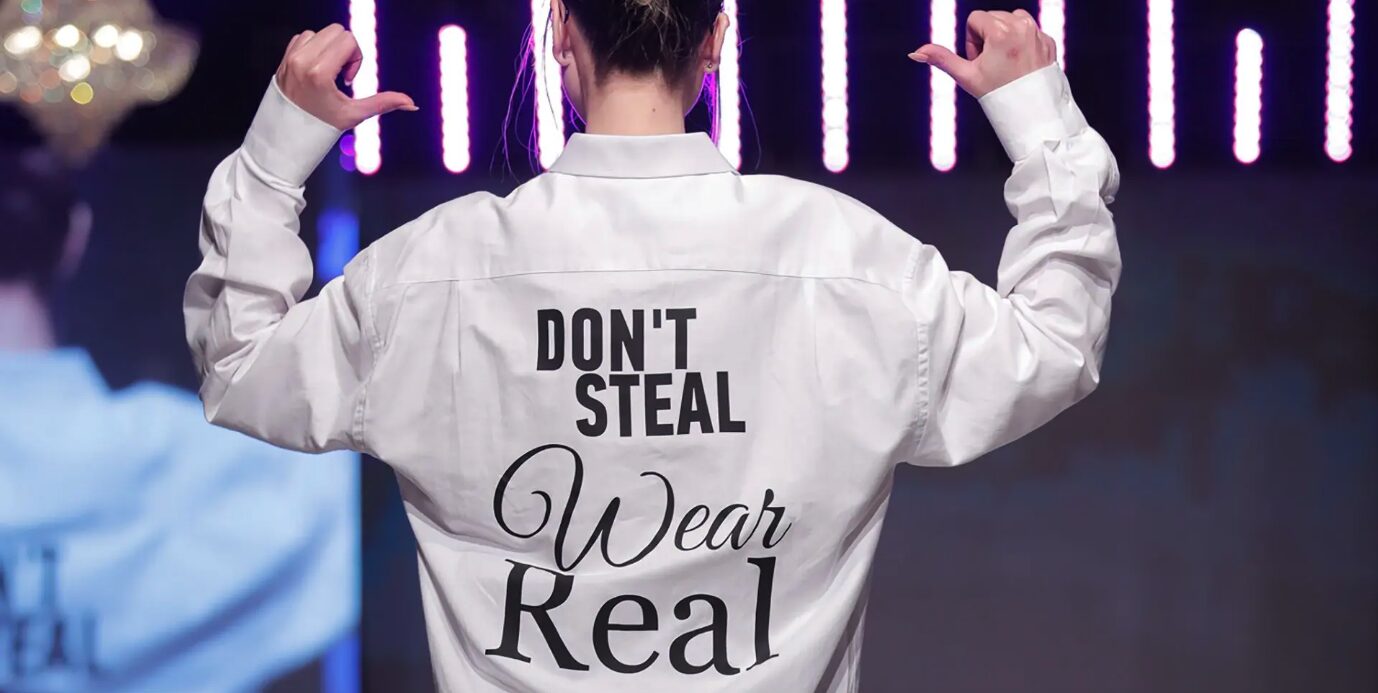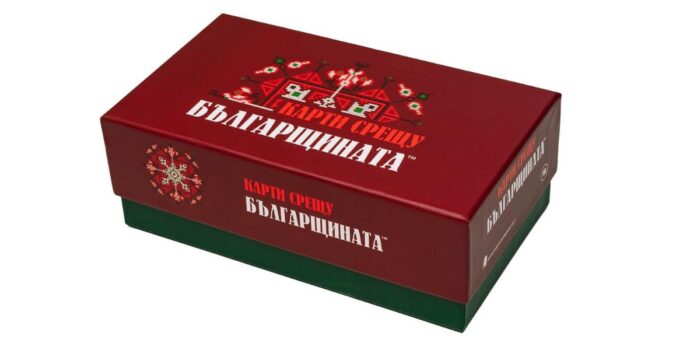Photo: EUIPO
Data from customs seizures in the EU show that around 54% of imported counterfeit and pirated products were sold to consumers aware of their origin between 2017 and 2019. The proportion of people who consciously seek out imitations varies by product type, ranging from 11% for chemicals to 57.3% for electrical appliances.
According to statistics from the European Union Intellectual Property Office (EUIPO) from last year, the majority of Bulgarians also consciously make the choice to purchase counterfeit goods. Interestingly, this trend extends not only to the fashion industry and electrical appliances, but even sectors such as pharmaceuticals and the food industry.
Report from 2023 shows that several factors are identified that determine both the intentional demand and the unintentional propensity to buy counterfeits. Most of these factors are socio-economic and are related with the product itself (e.g. its price or perceived quality), with the social environmentin which the user is located, and most importantly with the qualities of the individual user:
- its general economic situation (influenced by income, expenses, etc.) - higher GDP per capita in a given country is associated with lower imports of counterfeits;
- the level of market awareness at national and EU level;
- knowledge of and attitudes towards counterfeiting and piracy;
- whether there is a prevention and working system of restrictions related to the purchase and consumption of counterfeit or pirated goods.
Interestingly, from a demographic perspective, people over 65 are less likely to consciously choose imitations. On the other hand, young people are among the most frequent buyers of fakes. One reason is that older people are less likely to make online purchases. On the other hand, the younger people are, often the stronger their desire to follow fashion trends, seek out specific brands, and emulate the lifestyles of celebrities.
Aware of the danger that lies in this prejudice and the role that fashion plays, society is striving to make the topic more accessible, and not just legal and administrative. On March 29, Sofia Fashion Week (Sofia Fashion Week SS 2024) becomes the scene of a significant discussion about counterfeiting in the fashion industry through the fashion show Fight FakeThe initiative, led by Greek designer John Pan and supported by the Patent Office of the Republic of Bulgaria and EUIPO, aims to shed light on the importance of intellectual property awareness in the fight against the spread of fashion counterfeiting. Fight Fake builds on the success of previous events aimed at raising consumer awareness about the negative consequences of counterfeit designs and the critical need to respect creators’ intellectual property rights. In the next 5 years, examples of such events include the Athens Xclusive Designers Week 2019 fashion show in partnership with the Hellenic Industrial Property Organization, as well as the GUERRILLA campaign in 2023, held in partnership with the Spanish Patent and Trademark Office (OEPM) as part of Madrid Fashion Week.
The fact is that such initiatives have a preventive purpose and seek to inform consumers, but they also try to understand their intentions. However, the motives for counterfeiting do not justify the fact of its commission. If you suspect that your intellectual property objects are subject to such violations, do not hesitate to contact contact our team.





